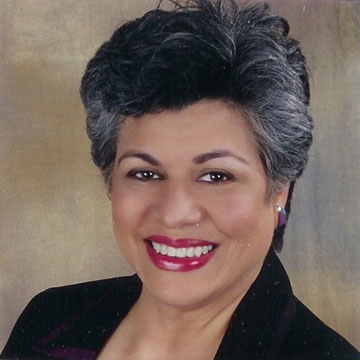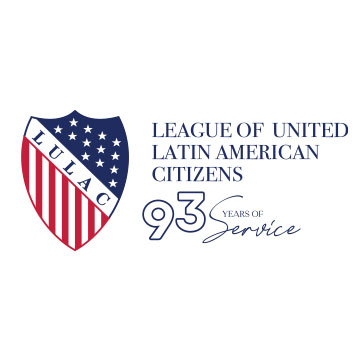Maria Mercedes Olivieri
Former Director, Strategic Recruitment, U.S. Department of Commerce

Mercedes Olivieri is a Federal retiree who has embarked on new professional adventures. To begin with, she has several decades of experience in public service at the Federal and state levels in various fields. Her most recent field of expertise was diversity and inclusion, where she had responsibility for addressing Federal-level diversity and inclusion issues ranging from analyzing under-representation of particular communities to partnering with affinity groups and conducting training on Special Emphasis Programs and multicultural communication.
As the Assistant Director for Federal Diversity at the U.S. Office of Personnel Management (OPM), Ms. Olivieri led a national program to identify the need for, obtain, manage, and report on the diversity of the largest workforce in the world, the Federal workforce. She worked closely with senior management at scores of Federal departments and agencies as well as with national Federal-employee affinity groups, including the National Hispanic Employment Program Council, National Image, Asian Pacific American Council, Blacks in Government, American Indian Science and Engineering Society, and Federally Employed Women, among others. On a smaller scale, she managed diversity and Special Emphasis Programs at individual agencies—including as Special Emphasis Program Manager for both the Hispanic and the American Indian Employment Programs at EPA—where she also worked closely with senior management and with employee affinity groups. Her first Federal career, as Evaluator/Auditor with the Government Accountability Office (GAO) gave her the opportunity to showcase her skills as both analyst and trainer.
Because of her professional accomplishments, Ms. Olivieri was selected as one of “Elite Hispanic Women of 2002,” by Hispanic Business Magazine. She has received numerous awards from Federal agencies and non-profit organizations.
Ms. Olivieri is an alumna of the 2000 National Hispana Leadership Institute (NHLI). She obtained her B.A. in Secondary Education (Spanish and French) from the University of Puerto Rico (UPR) and has done graduate work in Journalism at UPR and in Public Administration at George Mason University. She is a graduate of the Federal Executive Institute (FEI) and of the leadership development programs at Harvard University’s JFK School of Government and the Center for Creative Leadership (CCL). She was the Director of Federal Programs at LULAC. She has been a keynote speaker and trainer on diversity issues before several Federal agencies, professional organizations, private sector organizations, academic institutions, and national conferences. She has partnered with other organizations, such as the National Association for Public Administration (NAPA), to conduct diversity and inclusion studies of Federal agencies.

Panel Information
Wednesday, July 27
3:15 PM EST
Diversity and Inclusion: More Than Just Number
In a diverse Nation as ours, the subject of differences between the generations, races, genders, and cultures is not new. While the American workplace culture is patterned after that of Northern Europeans, the workplace itself is becoming more diverse every year. There are many more persons with diverse backgrounds whose culture, values, and behaviors may not fit that of the traditional American workplace. Unless understood, embraced, and managed well, these differences may result in a conflictive and unproductive workplace. Using research results, humor, and the presenter’s own personal and professional experience, this workshop explores what happens when people from different cultural backgrounds work together in a workplace that has its own very distinct culture. It will identify potential areas of conflict—and ways to minimize it—as well as areas of opportunity as they work together towards a common goal. The workshop will help participants better understand the values and expectations in the American workplace culture versus those of the cultures represented by diverse ethnic and racial minorities. After identifying common areas as well as areas of conflict, and their consequences, the workshop presents ways of bridging the gap and making for a more productive and embracing workplace.
Register for the Convention